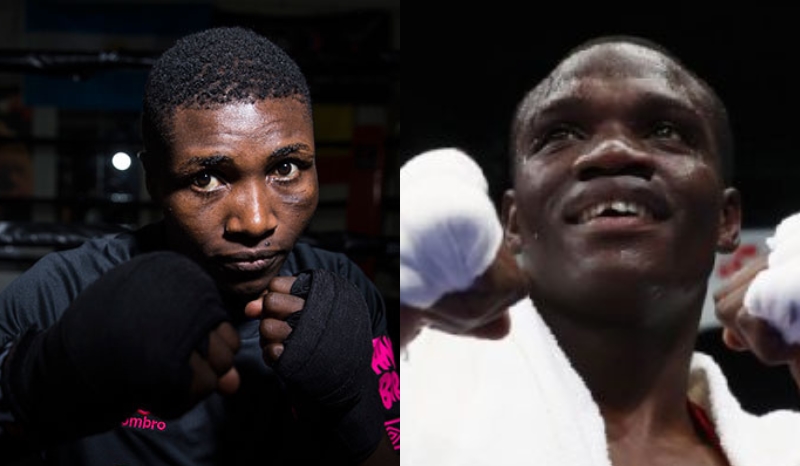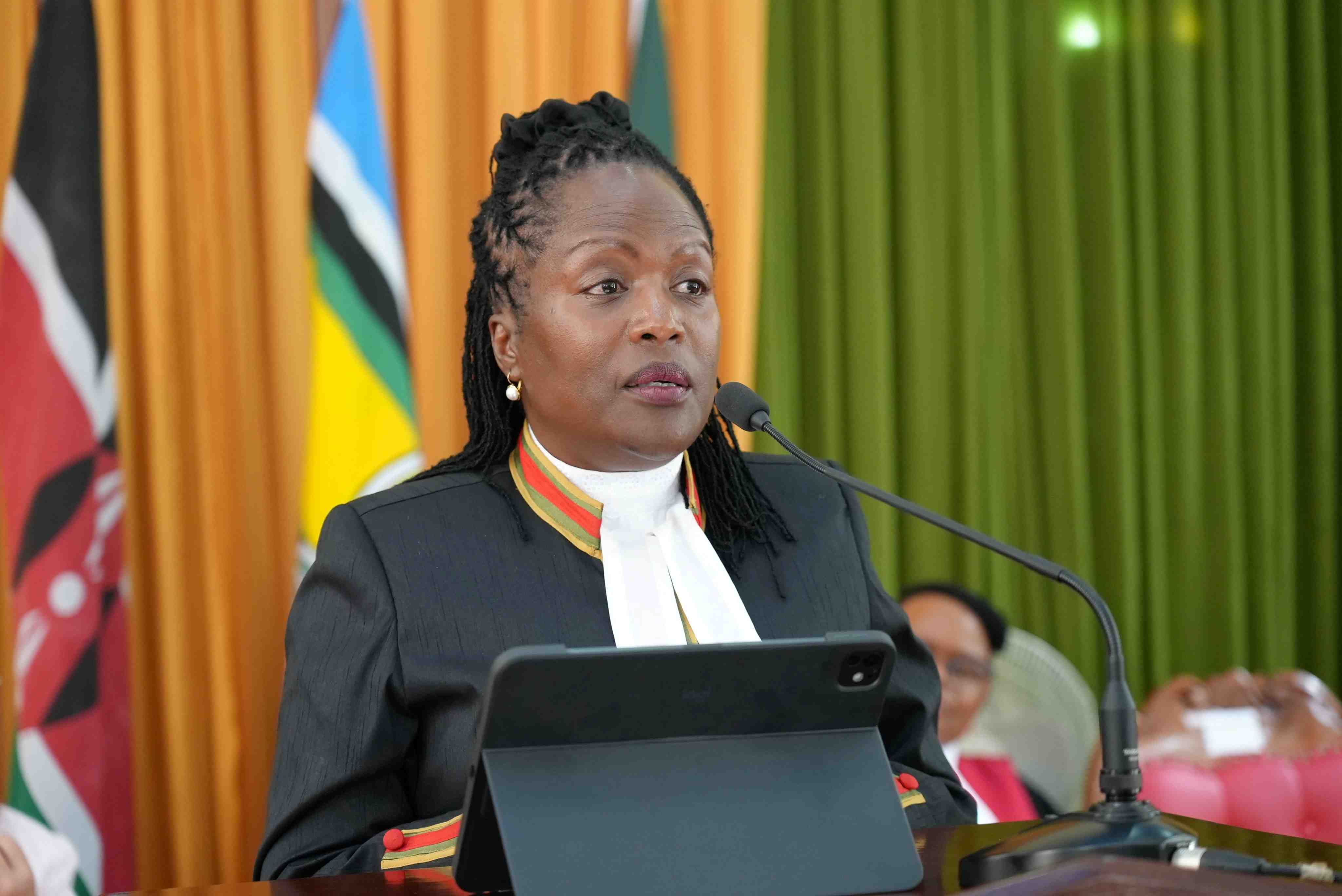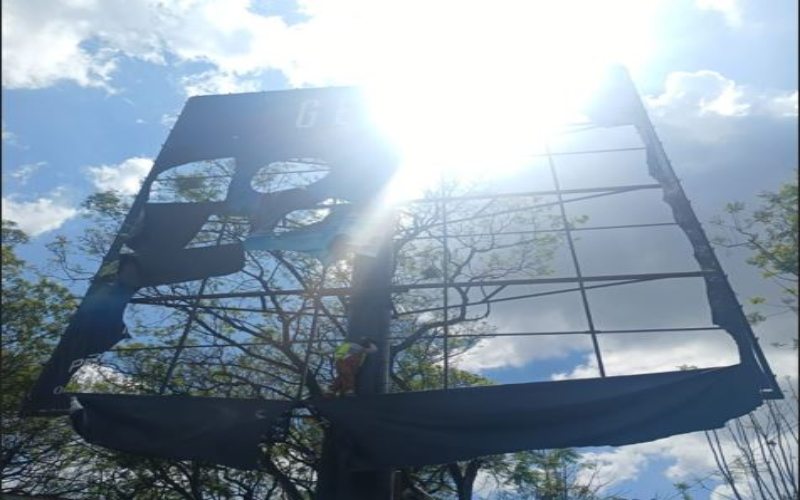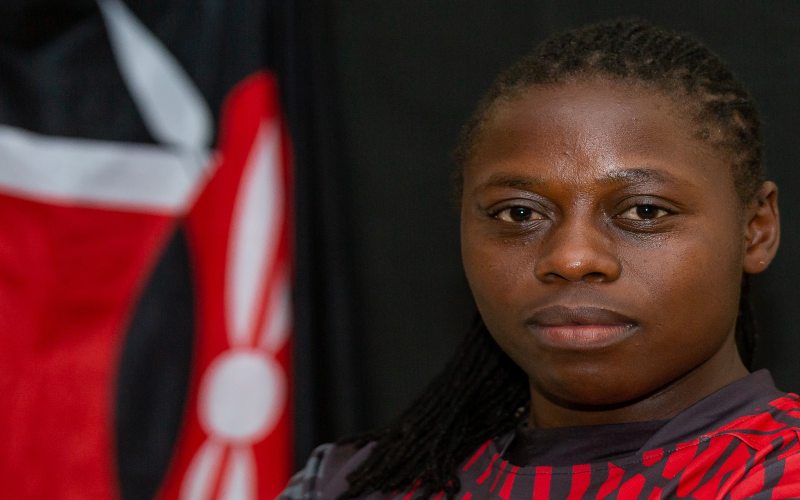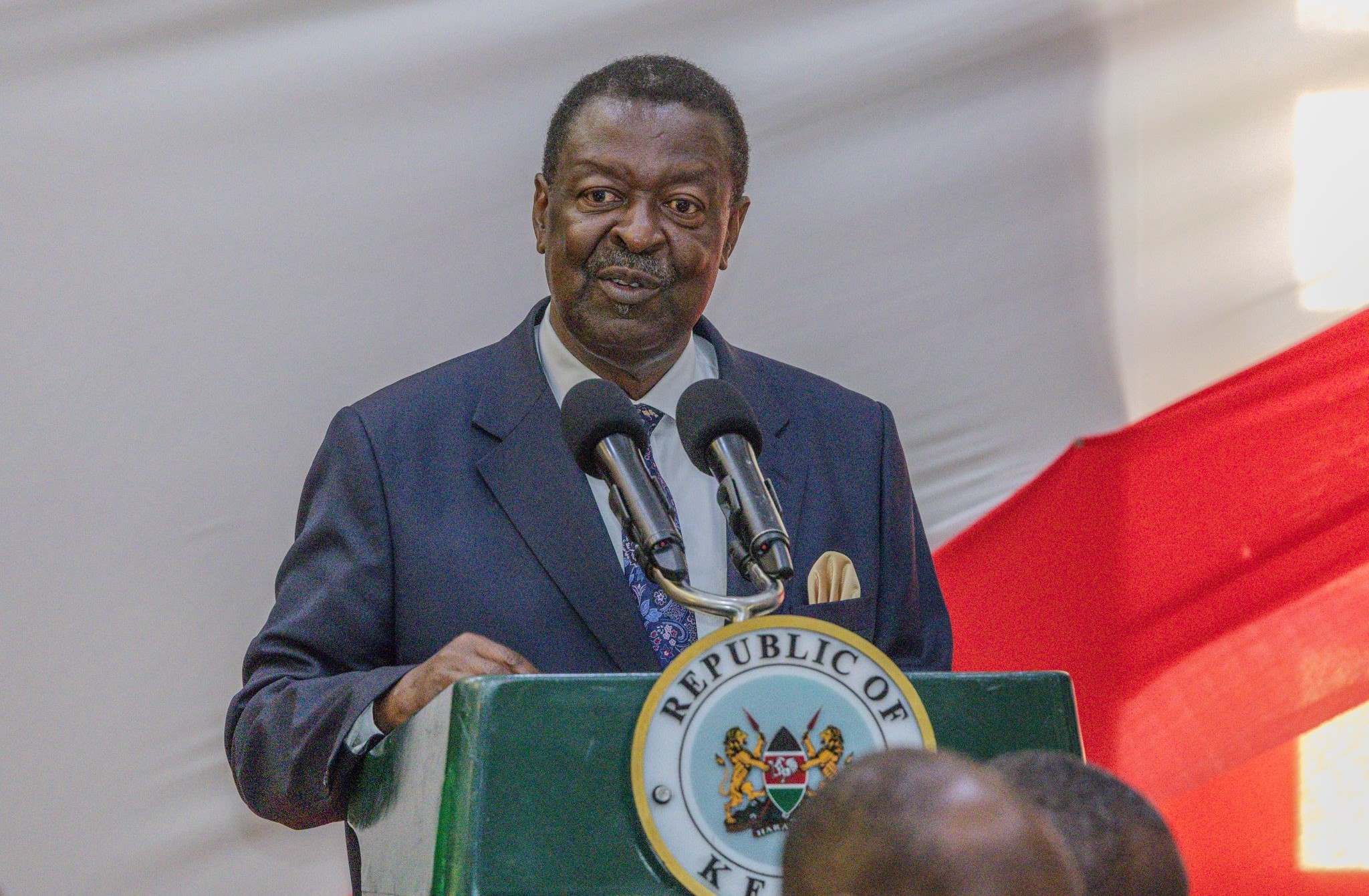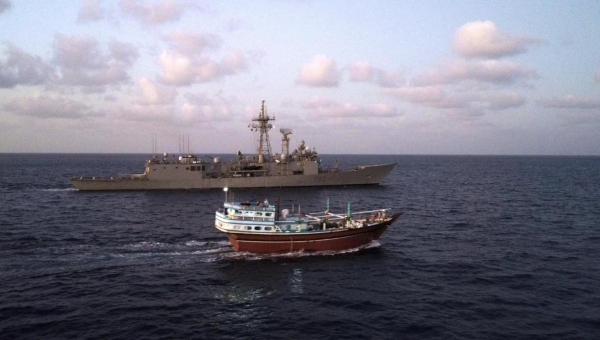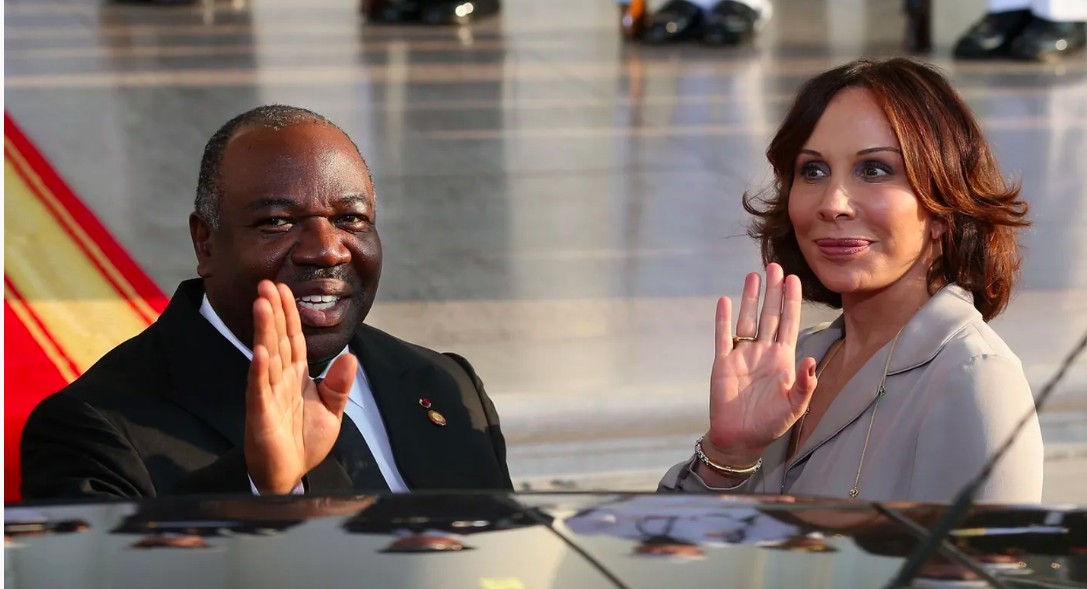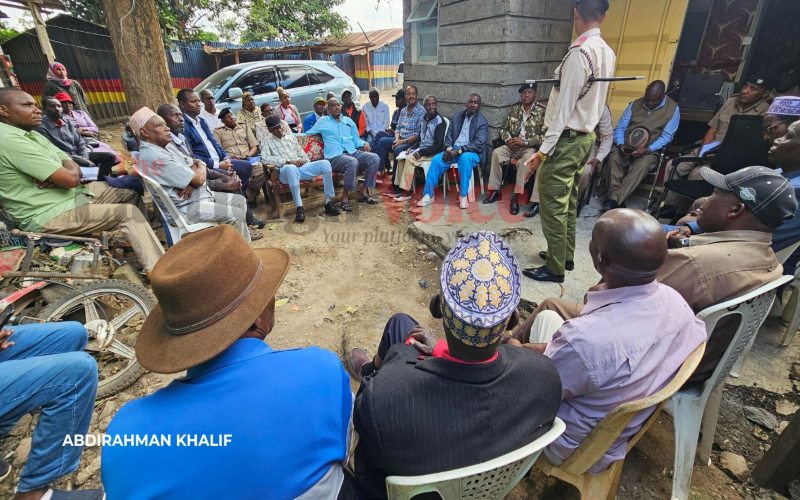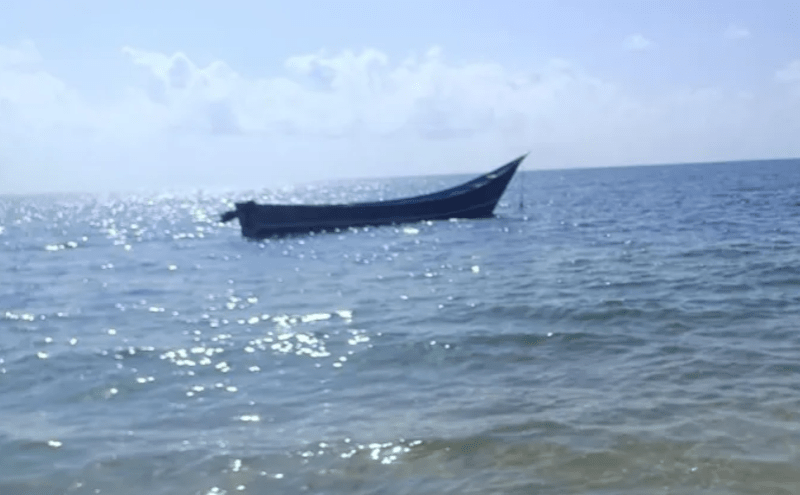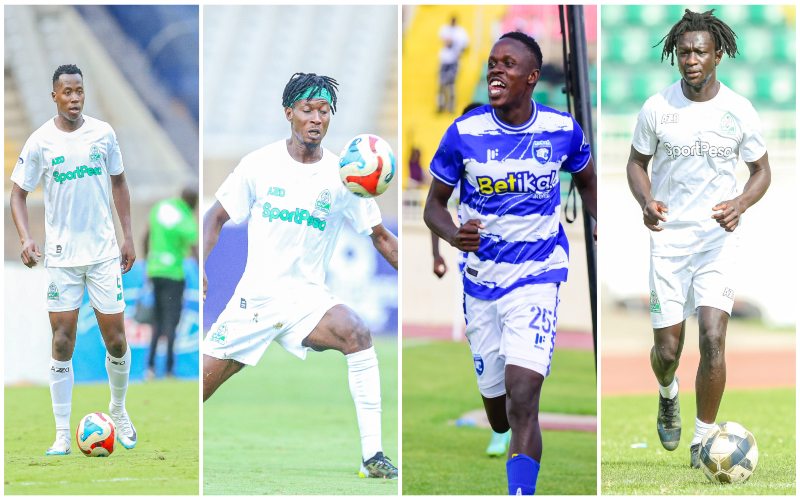Former Chief Justice Maraga praises Rwanda's electoral process
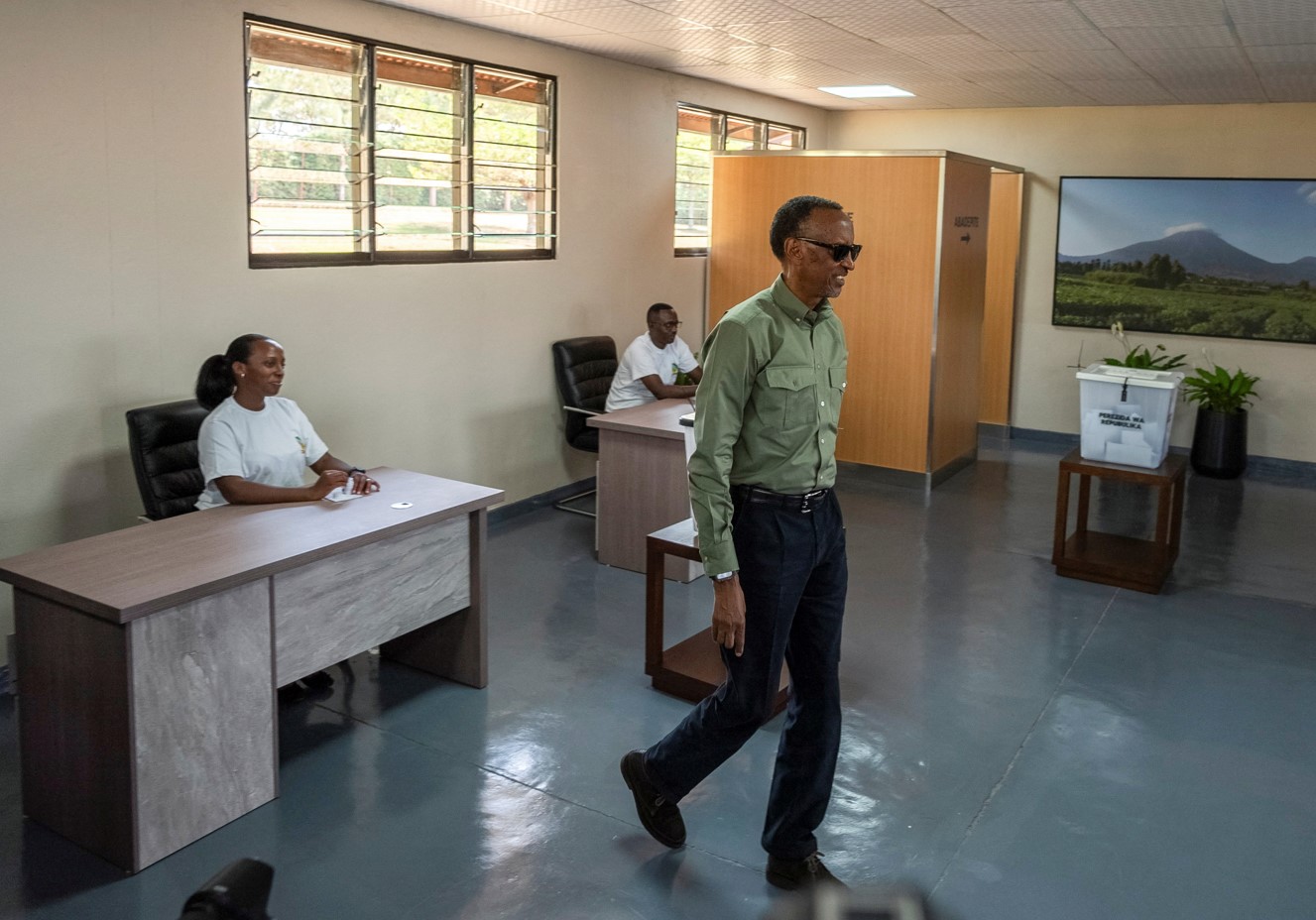
Former Chief Justice David Maraga, who led the East African Community (EAC) Elections Observer Mission to Rwanda, has praised the country's electoral process.
Speaking to the media in Kigali, Maraga described the election as the most well-organized he had ever seen.
More To Read
- EAC trade revenues hit Sh4.9 trillion as regional commerce accelerates
- African Union urges swift global action as Mali crisis deepens
- EAC’s future at stake as AU flags uneven progress, weak governance
- EAC confirms investment-ready Kenya–Uganda Expressway, enhancing Mombasa port access
- EALA inaugurates regional anti-corruption network to strengthen accountability
- Somalia to introduce Swahili in schools and universities to strengthen East African integration
"This is one of the most well-organized electoral procedures I've witnessed. We've witnessed crazy elections in other locations, but there was no noise here," Maraga added.
Maraga is known for nullifying former President Uhuru Kenyatta's re-election in 2017, as he emphasised that an election is a process, not an event.
The African Union Commission (AUC) and the Common Market for Eastern and Southern Africa (COMESA) also praised the Rwanda elections. The observers were led by Jorge Carlos De Almeida Fonseca, former President of Cabo Verde, and Ruhakana Rugunda, former Prime Minister of Uganda. They noted that the electoral process met international democratic election standards.
"The mission noted that preparations, including the submission and approval of candidates, campaign activities, and updating of voter register, were implemented as scheduled," stated the observers.
Rwanda's electoral system includes a bicameral parliament with 80 seats in the Chamber of Deputies and 26 in the Senate. Eleven political parties participated in the elections, with nine in a coalition with the Rwanda Patriotic Front (RPF) and the Democratic Green Party of Rwanda contesting independently.
The National Electoral Commission (NEC) set up 2,442 polling stations in the country and 158 abroad, with 100,000 youth volunteers serving as polling assistants.
The observers reported that the campaigns were peaceful and media outlets provided equal coverage to all candidates.
"The mission observed that media played a key role in disseminating information aimed at promoting meaningful participation during elections. Both public and private media outlets enjoyed the relative confidence and trust of stakeholders during the electoral period," said the election observers.
According to the observers, polling stations opened on time, and election materials were available in sufficient quantities. The voting process was orderly, with security personnel ensuring a safe environment. Some challenges noted included accessibility issues at polling stations and long queues.
The observers commended several practices, including the deployment of youth volunteers, the use of technology, and measures to enhance inclusion in political participation. Rwanda is one of the few African countries to self-finance its elections entirely.
Paul Kagame, initially elected president in 2000, is set to serve a fourth term after receiving 99.15 per cent of the vote.
Analysts attribute Kagame's triumph to his successful attempts to steer Rwanda towards internal peace and stability following the 1994 genocide, in which an estimated 800,000 Tutsis and moderate Hutus were massacred by Hutu extremists.
At 66, Kagame's leadership continues to shape the future of this East African nation.
Top Stories Today
